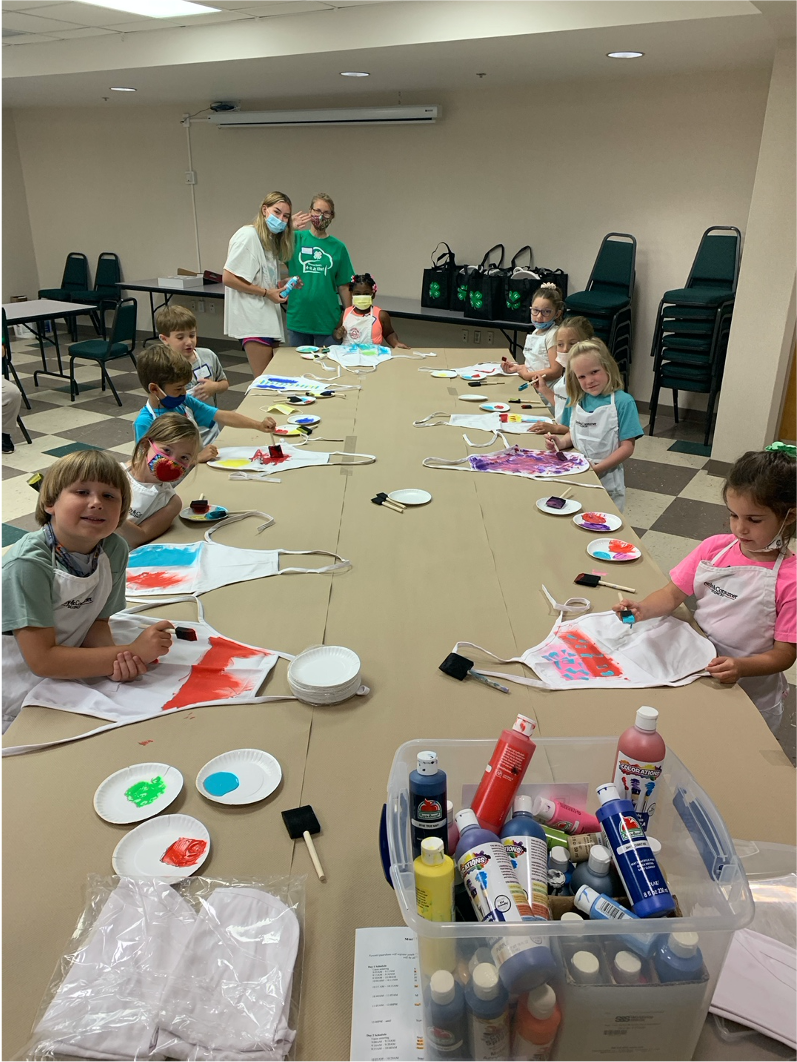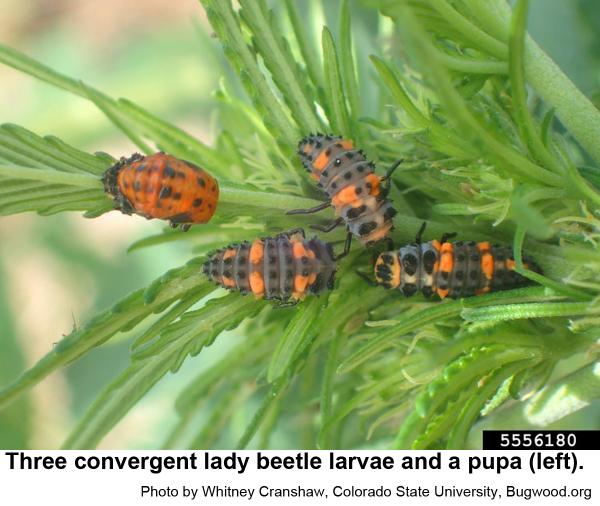Home Insteading With Cooperative Extension (Week 67)
go.ncsu.edu/readext?807469
en Español / em Português
El inglés es el idioma de control de esta página. En la medida en que haya algún conflicto entre la traducción al inglés y la traducción, el inglés prevalece.
Al hacer clic en el enlace de traducción se activa un servicio de traducción gratuito para convertir la página al español. Al igual que con cualquier traducción por Internet, la conversión no es sensible al contexto y puede que no traduzca el texto en su significado original. NC State Extension no garantiza la exactitud del texto traducido. Por favor, tenga en cuenta que algunas aplicaciones y/o servicios pueden no funcionar como se espera cuando se traducen.
Português
Inglês é o idioma de controle desta página. Na medida que haja algum conflito entre o texto original em Inglês e a tradução, o Inglês prevalece.
Ao clicar no link de tradução, um serviço gratuito de tradução será ativado para converter a página para o Português. Como em qualquer tradução pela internet, a conversão não é sensivel ao contexto e pode não ocorrer a tradução para o significado orginal. O serviço de Extensão da Carolina do Norte (NC State Extension) não garante a exatidão do texto traduzido. Por favor, observe que algumas funções ou serviços podem não funcionar como esperado após a tradução.
English
English is the controlling language of this page. To the extent there is any conflict between the English text and the translation, English controls.
Clicking on the translation link activates a free translation service to convert the page to Spanish. As with any Internet translation, the conversion is not context-sensitive and may not translate the text to its original meaning. NC State Extension does not guarantee the accuracy of the translated text. Please note that some applications and/or services may not function as expected when translated.
Collapse ▲Local Youth Participate in 4-H Cooking Camp
Camaryn Byrum, 4-H Agent
Local youth recently participated in a cooking camp offered by Chowan County 4-H. The workshop was open to Cloverbuds, who are youth ages 5 to 7. The workshop was offered at the N.C. Cooperative Extension of Chowan County office and was taught by Patty Bowers (Chowan County EFNEP Program Assistant), Camaryn Byrum (Chowan County 4-H Agent), and Mary Morris (Chowan County CED & Family and Consumer Sciences Agent).
Tuesday, June 29, youth learned how to properly wash their hands during an activity called GloGerm. A glow-in-the-dark lotion is used to resemble “germs.” After proper hand-washing, the germs shouldn’t be visible under a flashlight. If all “germs” were not washed away, the lotion will glow in the dark. This activity shows youth the importance of washing their hands with water and soap. Youth also learned the five MyPlate categories: fruits, vegetables, protein, dairy, and grains. On Tuesday’s menu, youth prepared a yogurt sundae, English muffin pizzas, and a fruity fizz drink with raspberries.
Wednesday, June 30, was another eventful day. Youth went on a scavenger hunt to find the ingredients of their snack. Morris taught a lesson on kitchen utensils and how to safely use each one. On Wednesday’s menu, youth prepared rainbow fruit kabobs, peanut butter cookies, and chicken and cheese quesadillas (with a side of chips and salsa).
For more information on Chowan County 4-H, contact the Chowan County office at 252-482-6585. Follow us on Facebook, @Chowan County 4-H.


Wanted: Alive
Katy Shook, Area Horticulture Agent
Do you recognize this friend? It’s a ladybug! Similar to butterflies, ladybugs complete a metamorphosis in which the adult form looks very different from the immature form. Ladybug larvae more closely resemble tiny alligators than they do their familiar red and black spotted adult form. They are frequently found on declining plants because they eat aphids and other garden pests that are causing the damage. Unfortunately, they’re often blamed for the plant damage and are consequently destroyed. Gardeners can learn to recognize these beneficial insects and encourage them in the landscape. For more information on recognizing beneficial insects in the garden, contact the Ask A Master Gardener Helpline at (252) 482-6585.




